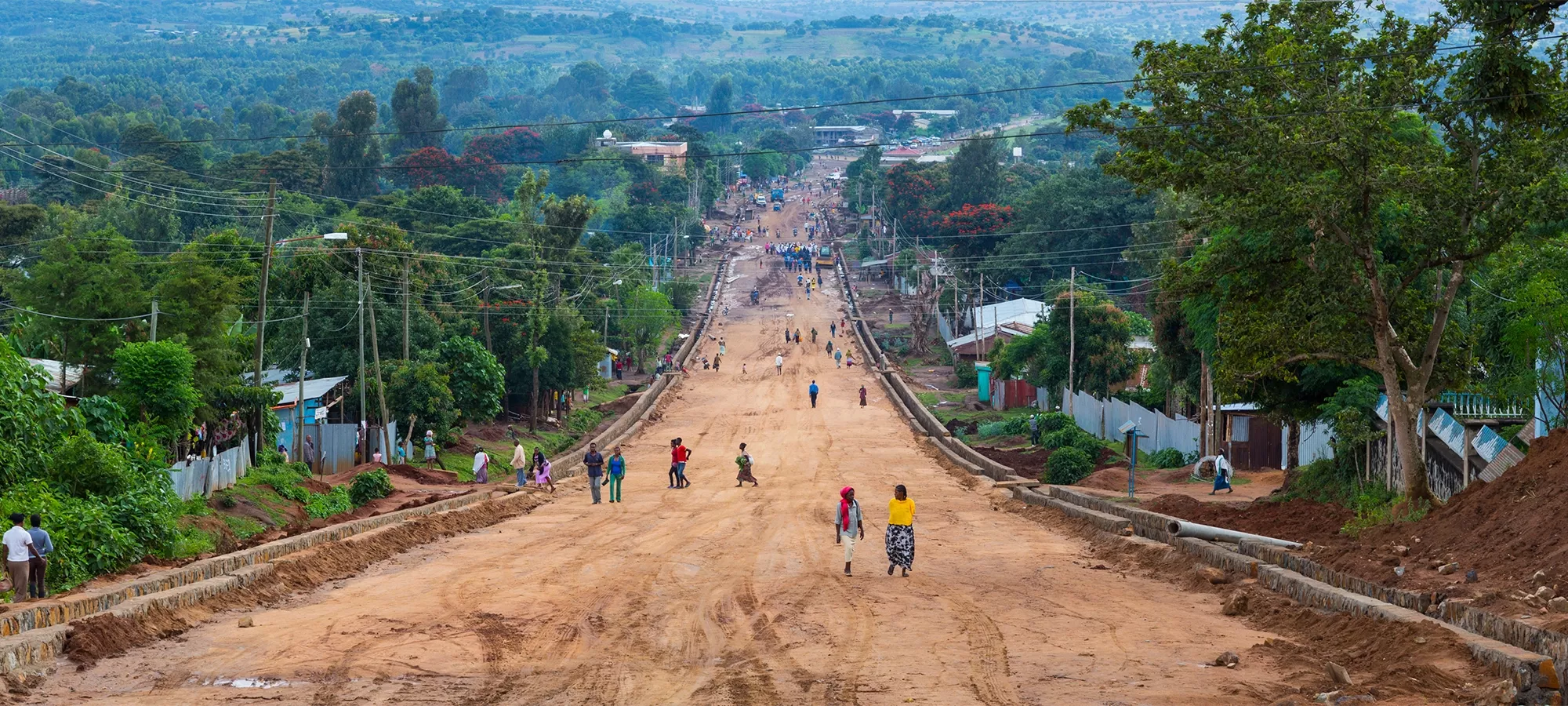Climate Mobility, Onward Precarity and Urban Environment (CEMENT)
Overview
How is climate change affecting human mobility? Answers to this question are still improving. One influential narrative is that ‘climate refugees’ fleeing specific environmental crises in the Global South will generate new mass migration flows, including into Europe. Research has already challenged this: most people who move due to environmental changes in their homes rarely cross an international border. We also know that increasing global temperatures significantly influence human mobilities even in places that are not facing acute environmental crises. Researchers have known that mobilities are better understood as part of a family-scale decision-making process rather than at an individual scale in the Global South. The way families make these decisions differs between places because it is shaped by contextual factors to do with history, culture, governance, resources, and job markets among other things.
The emergence of the term ‘climate mobility’ reflects a new interpretation of climate response better attuned to structural inequality, socio-economic precarity and political events. Climate mobility is a broader and more inclusive concept than climate migration, which generally refers to the permanent change of residence from one country to another. Built on the pragmatic stance on climate migration and the new mobilities paradigm, climate mobility appreciates different forms of mobility, recognising that climate change-related movements can be seasonal; circular; over short distances; entirely voluntary, fully forced or somewhere in between; and with multiple sequences of movement among different origin-destination pairs and periods of immobility.
This brings us to what is still unknown and where there are opportunities to contribute to this important topic. Researchers suspect that climate change is just one of the factors influencing how families think about mobility, alongside inequality, precarity, conflict and economic opportunity. My recent systematic review also shows that much scientific research a) continues to consider climate change as a main driver of movements, b) is rooted in the notion of location-based push/pull factors, c) pays less attention to family life and family decision-making embedded in the structures of society, d) focuses on working-age males in single locations and their economic activities, and e) is geographically biased to either climate change-affected rural areas or socio-economic precarity in destination areas. The task ahead, therefore, is to investigate the claim that climate change is important but only partially explains why and how humans move in the 21st century, and to explore how different contextual factors are related to each other and shape mobility patterns.
The main objective of Climate Mobility, Onward Precarity and Urban Environment (CEMENT) is to generate new empirical evidence to assess the importance of climate change in the mobility decisions made by 10 farming families across two different villages in Ethiopia. The impacts of climate change differ in these two villages. The project will both collate relevant climate data and generate new data from research participants. CEMENT will conduct a life course, multi-sited, gender-responsive and age-sensitive investigation of climate mobility practices, involving an ethnographic study following family members as they move and research interviews. By comparing the case studies, the project will assess the importance of context. Combining quantitative and qualitative data, CEMENT will find out what importance climate change has in household mobility decisions. The project will address: a) who moves and who stays and how this relates to gender inequality or household wealth; b) how urban labour markets and precarious translocational livelihoods are shaping different mobility flows; c) how mobility patterns change over the course of the farming year; and d) how current policies in relation to climate change adaptation and urban development shape different mobility outcomes.
The goal of CEMENT is to reframe the dominant narrative about climate-induced mass migration in academic, public and policy arenas. Data from Google shows that public interest in climate migration has dramatically increased over the last decade. CEMENT is committed to making its research findings accessible to members of the public, relevant stakeholders and policymakers in mobility management, urban and rural development and climate change adaptation. If we have a better understanding of how climate change is shaping mobility strategies among farming families in Ethiopia, we should be better at intervening in ways that are both effective and just to support them. The data and analysis from CEMENT will profoundly enrich our knowledge of the impact climate change is having on mobilities in sub-Saharan Africa.
For more information on this research project please contact Dr Jin-ho Chung.
In brief
Duration
2023 - 2025
Funder
ESRC
TSU Principal Investigator
Contact


